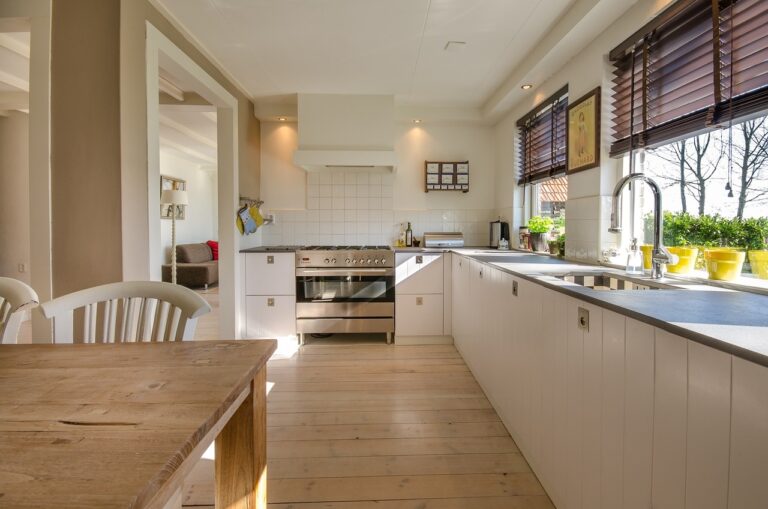The question of whether buying a home is a wise investment choice is top of mind for many prospective first-time homeowners today. With housing prices fluctuating and interest rates on the rise, there are complex financial factors at play. Examining the core considerations around costs, appreciation, equity, savings, and lifestyle will help shed light on whether homeownership is a smart money move.
Upfront Costs And Closing Fees
While specific numbers vary by region, buyers can expect to spend 3-7% of a home’s price on closing fees and initial expenses. This includes the down payment, inspections, taxes, origination fees, and more. Reviewing sample costs will give realistic estimates. Don’t underestimate closing expenses when budgeting.
Interest Payments And Tax Savings
Mortgage interest costs are a necessary evil of financing a home long-term. However, the interest along with property taxes are deductible, providing major tax savings versus renting. Run the numbers to see if the tax breaks sufficiently offset the costs of mortgage interest and associated fees.
Appreciation Potential
Real estate values naturally rise over decades, building significant equity for owners. While market dips occur, homes often appreciate 3-5% annually long-term. Compare price growth in the neighborhood to other investments. In areas with expanding economic opportunities and population growth like Orlando, FL homes for sale tend to see values climb.
Owning Versus Renting
A fixed mortgage avoids future rent hikes while paying down the principal. But buying has additional costs that renting doesn’t – namely insurance, taxes, maintenance, and repairs. Crunch the numbers to see if buying comes out notably ahead in the long run. Don’t forget the associated costs.
Ability To Customize
Owning means design freedom and making renovations or upgrades to suit personal tastes, which renting prohibits. Consider how much value you place on customization and if potential improvements will net financial gains when selling. Some changes don’t actually increase home values.
Building Equity
With consistent payments, owners steadily gain equity in the property versus simply paying rent to a landlord. This builds net worth over time. Monitor amortization tables and loan terms to track equity progress. Staying in a home long enough to pay down the loan builds wealth.
Stability And Security
Owning provides greater housing stability versus shifting rental markets and unpredictable landlords. It allows putting down roots in a community without fear of being priced out or forced to relocate. Homeownership offers security knowing housing costs won’t spike unexpectedly.
Investment Potential
Some buyers utilize real estate as an investment by renting out property, flipping houses, or acquiring vacation homes. Returns rely heavily on market conditions and factors like renovations. An investment property requires a separate financial evaluation from a primary home.
Recession Resilience
Economic downturns impact the housing market less compared to more volatile equities like stocks. In past recessions, real estate generally rebounded quicker than securities. While values dip, homes often offer more safety and field-tested stability than other investments.
Lifestyle Perks
Beyond finances, owning provides many home lifestyle perks – freedom to decorate, outdoor space, ability to have pets, and control over the living environment. Consider personal priorities and if buying enhances the quality of living sufficiently to justify costs versus renting.
To Wrap Up
Homeownership makes sense for many financially. However, recognizing both the short and long-term costs, tax implications, market fluctuations, lifestyle needs, and wealth-building potential allows for tailoring expectations and determining if purchasing a home aligns with personal circumstances and investment priorities.
